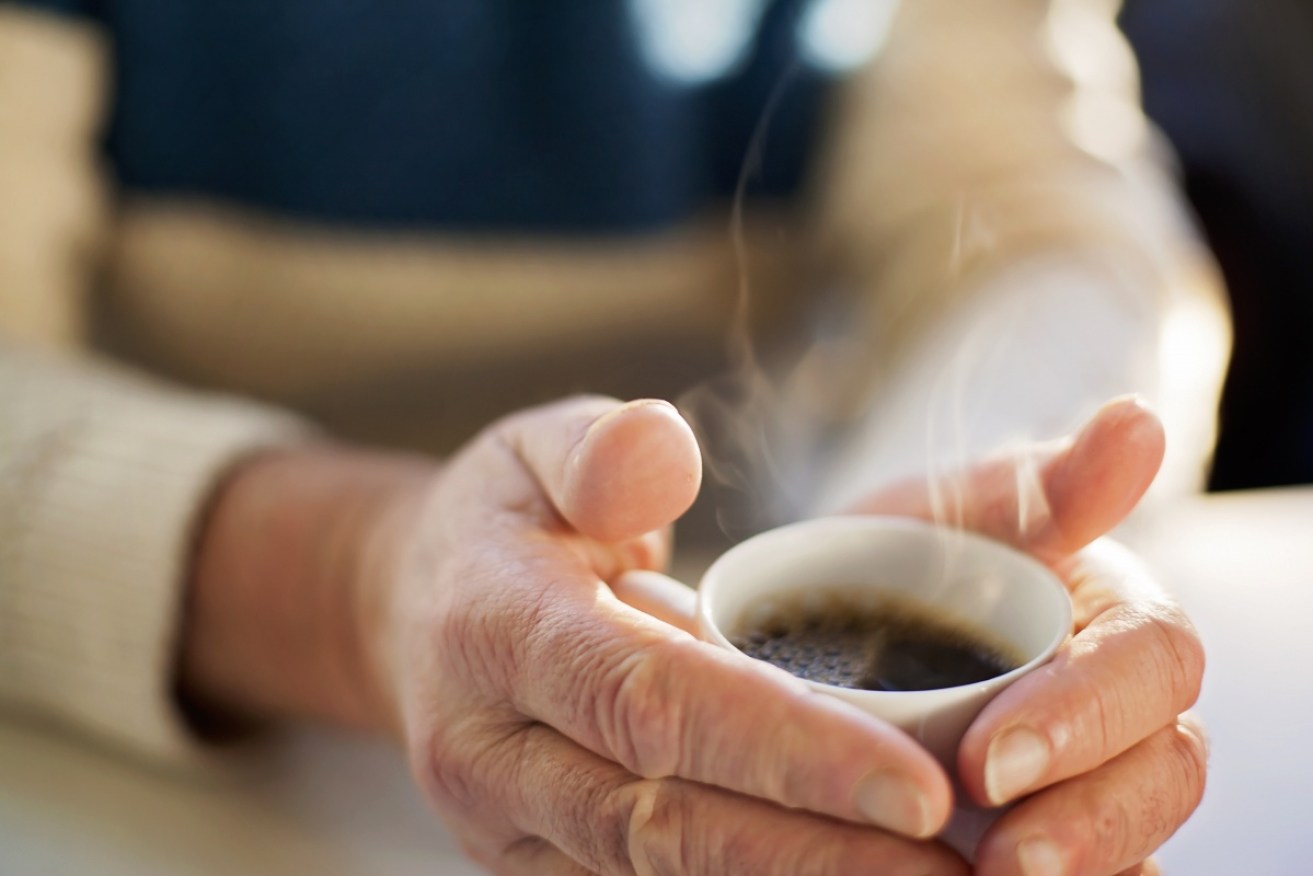Coffee cancer scare a ‘storm in a teacup’

Far from causing cancer, it appears coffee might offer some protection from it. Photo: Getty
Does coffee cause cancer? Recent US headlines might lead the unfortunate consumer of too many long blacks to worry that it does: “The chemical in your coffee that may cause cancer” (Forbes); “Coffee in California may soon come with a cancer warning” (Time).
Australians are caffeine fiends, consuming more than three kilograms of coffee per head per year. Should we be concerned?
The issue is legal action against Californian coffee retailers, including Starbucks, filed back in 2010. It claims retailers have failed to warn customers about acrylamide, a chemical formed when coffee beans are roasted. Acrylamide has long been considered a potential carcinogen for humans.
According to CNN, more than a dozen retailers have settled the claims – brought by California’s little-known Council for Education and Research on Toxics – for hundreds of thousands of dollars. They have also agreed to post warnings about the acrylamide in coffee.
But Cancer Council Australia adviser Professor Bernard W. Stewart, a UNSW conjoint professor, said the acrylamide debate was a storm in a teacup – and nonsense.
He said there was no conclusive evidence to suggest consuming acrylamide in coffee increases cancer risk.
“We would have no teacup storm were it not for the distorting effect of a Californian law designed to reduce the burden of cancer [that is] being misused in what amounts to a technicality,” he told The New Daily.

Starbucks was one of the coffee retailers targeted by the legal action. Photo: Getty
What is acrylamide?
Acrylamide forms when carbohydrate-based foods are cooked at temperatures of more than 120 degrees. It is a byproduct of the Maillard reaction, the same process that makes bread turn brown when it is toasted and chips turn golden-brown when they are fried.
The chemical is also found in breakfast cereals, biscuits and crackers.
Under Californian law, businesses must warn customers if their products contain any of 65 chemicals, including acrylamide, that are linked with cancer, birth defects or other reproductive issues. Fast food outlets in the state – including McDonald’s and Burger King – have carried warnings about acrylamide since 2008.
Coffee and cancer
The view of the World Health Organisation’s International Agency for Research on Cancer on coffee and cancer, updated in 2016, is that there is “no conclusive evidence for a carcinogenic effect”.
The IARC had previously described coffee as “possibly carcinogenic” and linked it to bladder cancer.
“That hypothesis is now recognised as wrong,” Professor Stewart says. “Going one step further, there is a recognised body of evidence that drinking coffee actually reduces the risk of cancer.”
Acrylamide has been shown to damage DNA in some animal studies, and it has been associated with cancer in mice.

The official view is that coffee has no carcinogenic risks. Photo: Getty
How much is too much?
Though there is no direct evidence that acrylamide causes cancer in humans, Food Standards Australia New Zealand says consuming high amounts is a possible concern.
The 24th Australian Total Diet Study, which investigated the amount of acrylamide in 94 foods and beverages, found that fried lean beef mince and starchy foods such as potato chips, microwave popcorn, some biscuits and baked potato were among the worst offenders. Pre-packaged olives and grilled asparagus were also singled out.
For everyone except 13-16-year-olds, major contributors to acrylamide in the Australian diet were cereals and grain-based foods. In the younger teenagers, snacks such as potato chips were the biggest contributor.
The study also looked at 10 types of coffee – and short blacks were found to contain the highest concentration of acrylamide.
It also found that the levels of acrylamide were “generally lower than, or comparable to, those reported in previous Australian and international studies”.
FSANZ is working with the food industry to encourage manufacturers to find ways to cut levels of acrylamide in food and drink.









